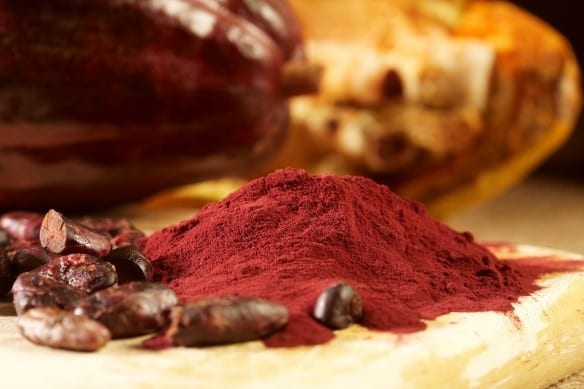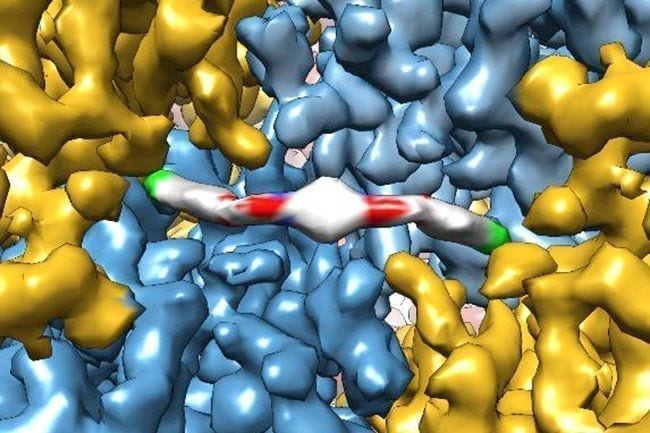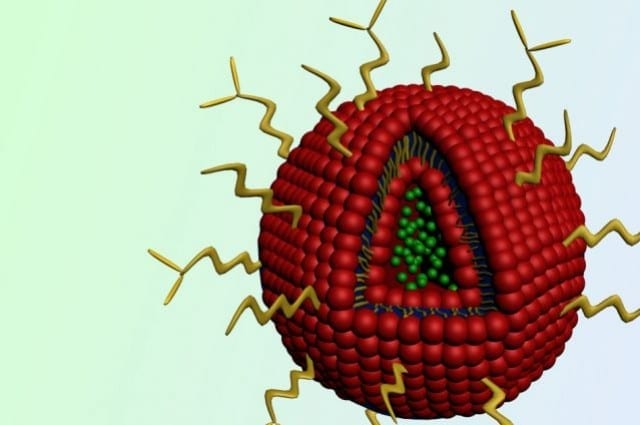
Findings strengthen link between specific brain region and normal memory decline
Dietary cocoa flavanols—naturally occurring bioactives found in cocoa—reversed age-related memory decline in healthy older adults, according to a study led by Columbia University Medical Center (CUMC) scientists. The study, published today in the advance online issue of Nature Neuroscience, provides the first direct evidence that one component of age-related memory decline in humans is caused by changes in a specific region of the brain and that this form of memory decline can be improved by a dietary intervention.
As people age, they typically show some decline in cognitive abilities, including learning and remembering such things as the names of new acquaintances or where they parked the car or placed their keys. This normal age-related memory decline starts in early adulthood but usually does not have any noticeable impact on quality of life until people reach their fifties or sixties. Age-related memory decline is different from the often-devastating memory impairment that occurs with Alzheimer’s, in which a disease process damages and destroys neurons in various parts of the brain, including the memory circuits.
Previous work, including by the laboratory of senior author Scott A. Small, MD, had shown that changes in a specific part of the brain—the dentate gyrus—are associated with age-related memory decline. Until now, however, the evidence in humans showed only a correlational link, not a causal one. To see if the dentate gyrus is the source of age-related memory decline in humans, Dr. Small and his colleagues tested whether compounds called cocoa flavanols can improve the function of this brain region and improve memory. Flavanols extracted from cocoa beans had previously been found to improve neuronal connections in the dentate gyrus of mice.
Dr. Small is the Boris and Rose Katz Professor of Neurology (in the Taub Institute for Research on Alzheimer’s Disease and the Aging Brain, the Sergievsky Center, and the Departments of Radiology and Psychiatry) and director of the Alzheimer’s Disease Research Center in the Taub Institute at CUMC.
A cocoa flavanol-containing test drink prepared specifically for research purposes was produced by the food company Mars, Incorporated, which also partly supported the research, using a proprietary process to extract flavanols from cocoa beans. Most methods of processing cocoa remove many of the flavanols found in the raw plant.
The Latest on: Memory decline
[google_news title=”” keyword=”memory decline” num_posts=”10″ blurb_length=”0″ show_thumb=”left”]
via Google News
The Latest on: Memory decline
- Unlocking the Mystery of Memory Retention - The Story of SuperAgerson May 8, 2024 at 11:53 pm
Despite their advanced age, SuperAgers maintain exceptional mental sharpness. Their memory performance at 80 years old is as good as others at 50 or 60. What's their secret?
- Can a high-fat diet accelerate ageing-related memory loss? Study sheds lighton May 7, 2024 at 7:30 pm
A recent study published in the journal Neurobiology of Aging determined whether a high-fat diet contributes to memory decline in older people compared to aging alone.Increased consumption ...
- Memory IC design house AP Memory posts profit decline in 1Q24on May 7, 2024 at 5:00 pm
AP Memory Technology, specializing in customized IoT RAM and other DRAM memory, saw a sequential fall in operating profits of approximately 63% in the first quarter of 2024 owing to seasonality.
- High-fat diet accelerates aging-related memory loss in ratson May 5, 2024 at 6:35 pm
Study found that a high-fat diet exacerbates age-related cognitive decline in rats, even when microglia cells are removed from the equation, suggesting other pathways may play a role.
- 'Tottenham's dramatic decline has come at crucial point'on May 5, 2024 at 1:38 pm
Tottenham's dramatic decline in form has come just at the crucial point of the Premier League season, writes Phil McNulty.
- Dementia Newson April 30, 2024 at 5:00 pm
Keto Diet Prevents Early Memory Decline in Mice Mar. 20, 2024 — A new study shows the keto diet prevents early memory decline in mice. A molecule in the diet plays a key role in slowing Alzheimer's ...
- Discover Expert-Approved Hacks To Combat Memory Declineon April 30, 2024 at 9:13 am
Once serious memory loss takes hold, treatment options tend to be limited and uncertain. Here are some hacks that may help with memory loss.
- I’m a memory researcher — here’s how to never forget someone’s nameon April 29, 2024 at 2:56 pm
Two cognitive psychology researchers are debunking common misconceptions about human memory while sharing easy ways to recall different types of information. Getty Images/iStockphoto It’s time ...
- Neuroscientists Reveal Secret of Superagers' Excellent Memorieson April 29, 2024 at 10:00 am
People who still have very sharp memory into old age—known as "superagers ... Brain structures known as white matter usually decline in integrity with age, but in superagers, white matter ...
- Does 'Brain Training' Really Improve Cognition and Forestall Cognitive Decline?on April 29, 2024 at 12:32 am
Some companies claimed that engaging in "brain games" can improve cognition or stave off cognitive decline. What's the evidence and do crosswords and Sudoku count?
via Bing News










